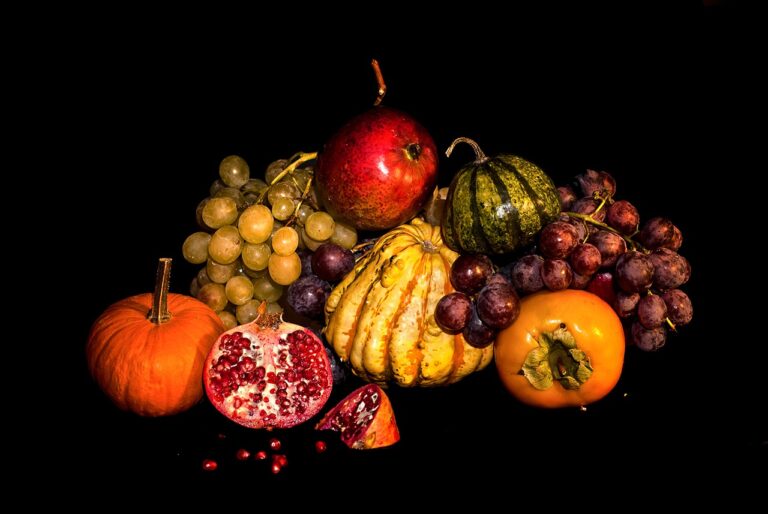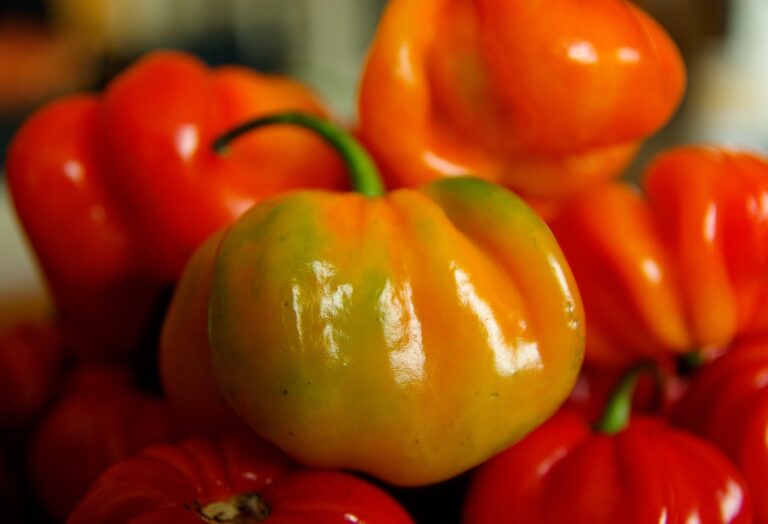The Role of Food in Celebrations and Traditions
Food plays a central role in cultures around the world, serving as a cornerstone of celebrations and traditions. From festive holiday feasts to traditional ceremonies, food brings people together, tells stories of heritage, and creates lasting memories. In this article, we will explore the significance of food in various celebrations and traditions, delving into the cultural, social, and emotional importance of culinary customs.
1. Cultural Significance of Food
Food is deeply intertwined with cultural identity, reflecting the history, values, and beliefs of a particular group of people. Different cuisines and culinary traditions are passed down through generations, preserving the unique flavors and techniques that define a culture. In many societies, food is used to mark significant events such as weddings, births, and religious ceremonies, symbolizing unity, abundance, and prosperity.
2. Social Importance of Food
Sharing a meal is a universal act of bonding that brings people together, fostering relationships and creating a sense of community. Whether it’s a family gathering, a holiday feast, or a communal celebration, food plays a vital role in connecting individuals and strengthening social ties. The act of preparing and sharing food is a way to express love, gratitude, and hospitality, forging deeper connections among those who partake in the meal.
3. Emotional Connections to Food
Food is often linked to memories and emotions, evoking feelings of comfort, nostalgia, and joy. Certain dishes or ingredients can transport us back to a specific time or place, triggering fond recollections of past experiences. The act of cooking and eating together can create lasting bonds and emotional connections, shaping the way we relate to one another and the world around us.
4. Food in Celebrations
Celebrations and festivals are often accompanied by special foods and dishes that hold symbolic meaning and significance. In many cultures, festive meals are prepared to honor traditional customs, pay homage to ancestors, or commemorate important milestones. These celebratory feasts serve as a focal point for gatherings, providing a sense of unity and festivity among participants.
5. Traditional Culinary Customs
Throughout history, culinary traditions have played a vital role in preserving cultural heritage and passing on ancestral knowledge. Traditional recipes, cooking techniques, and ingredients are handed down from one generation to the next, ensuring that culinary customs are kept alive and thriving. By adhering to these time-honored practices, communities can maintain a connection to their roots and celebrate their cultural identity through food.
6. Food in Religious and Ceremonial Practices
Many religious and ceremonial practices involve the consumption of specific foods or the observance of dietary restrictions as a way to symbolize spiritual beliefs and enhance rituals. Food is often used as a means of purification, offering, or sacrifice in religious ceremonies, serving as a conduit for connecting with the divine or honoring sacred traditions. Whether it’s fasting during Ramadan, sharing a Passover meal, or offering prasad in Hindu temples, food plays a central role in religious observances around the world.
7. The Globalization of Food Culture
In today’s interconnected world, the exchange of culinary traditions and ingredients has led to a globalization of food culture, resulting in a rich tapestry of flavors, influences, and innovations. As food travels across borders and cultures, it intertwines with local customs and traditions, creating new fusion cuisines and culinary experiences. This cultural exchange not only enriches our palates but also fosters a deeper appreciation and understanding of diverse culinary practices worldwide.
FAQs
Q: What is the significance of traditional foods in cultural celebrations?
A: Traditional foods serve as a connection to the past, honoring ancestral customs and preserving cultural heritage. They symbolize unity, abundance, and prosperity, making them an integral part of cultural celebrations.
Q: How does food foster social connections and community building?
A: Sharing a meal is a universal act of bonding that brings people together, fostering relationships and creating a sense of community. The act of preparing and sharing food is a way to express love, gratitude, and hospitality, forging deeper connections among individuals.
Q: Why is food an essential component of religious and ceremonial practices?
A: Food is often used in religious and ceremonial practices as a means of symbolizing spiritual beliefs, offering, sacrifice, or purification. It serves as a conduit for connecting with the divine and honoring sacred traditions, enhancing the meaning and significance of the rituals.
Q: How has the globalization of food culture impacted culinary traditions?
A: The globalization of food culture has led to the exchange of culinary traditions and ingredients, creating a rich tapestry of flavors, influences, and innovations. This cultural exchange has resulted in new fusion cuisines and culinary experiences, enriching our palates and deepening our appreciation of diverse culinary practices worldwide.
In conclusion, food serves as more than just sustenanceit is a powerful symbol of cultural identity, social connection, and emotional resonance. The role of food in celebrations and traditions is a testament to the enduring power of culinary customs to bring people together, honor the past, and create lasting memories for generations to come.







